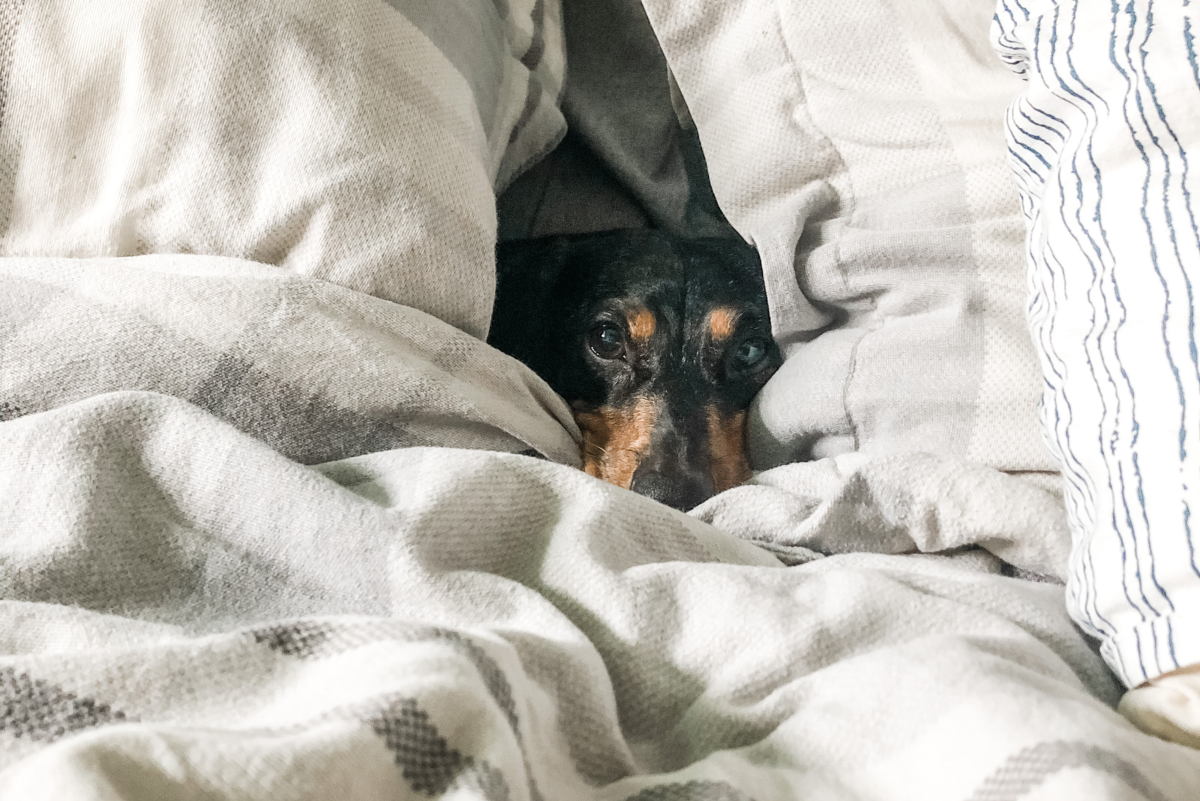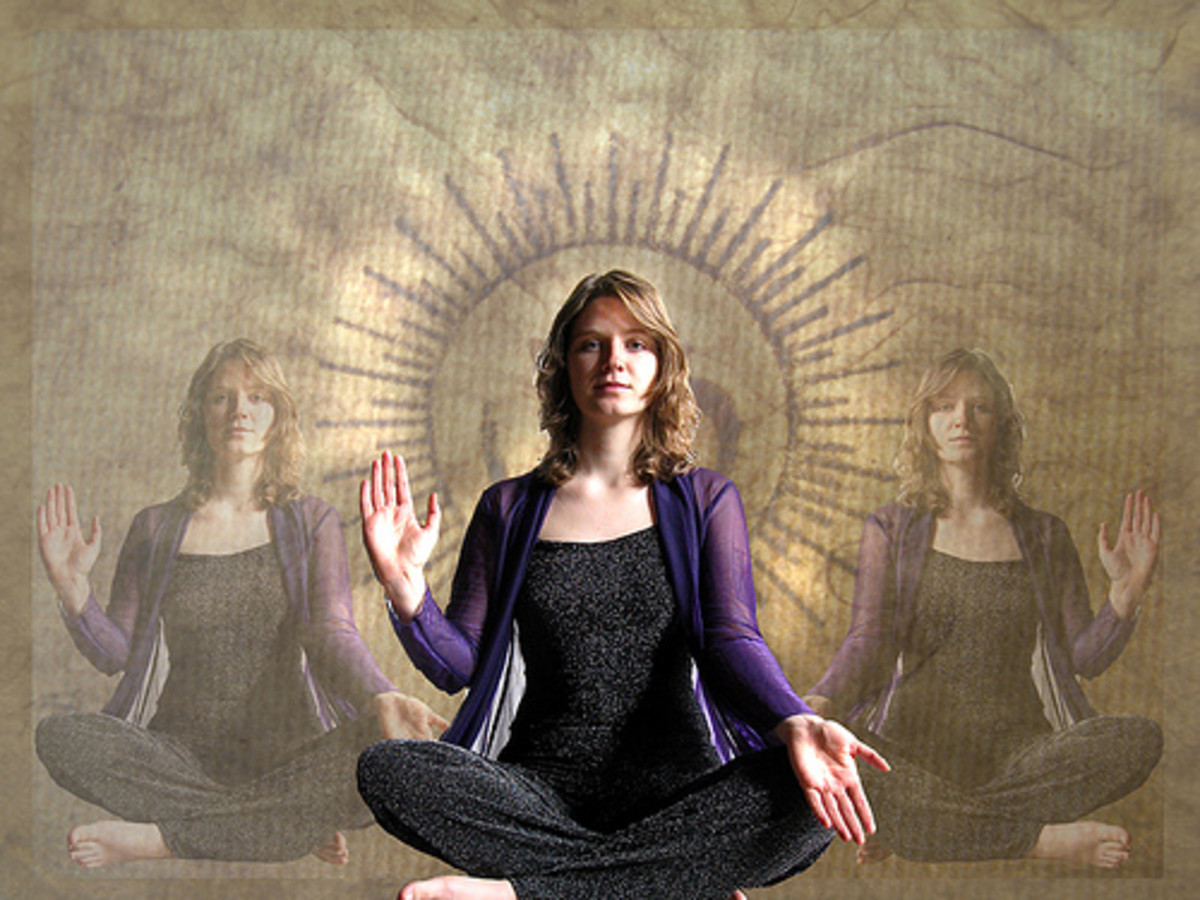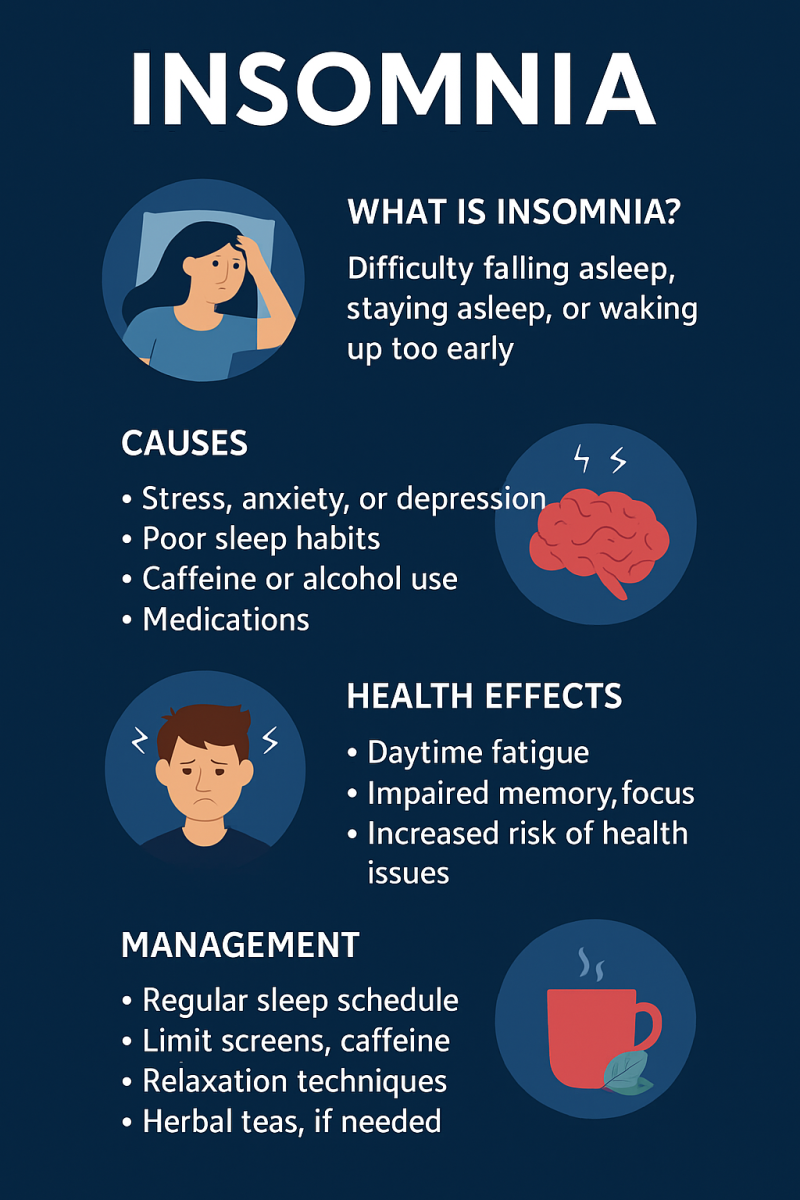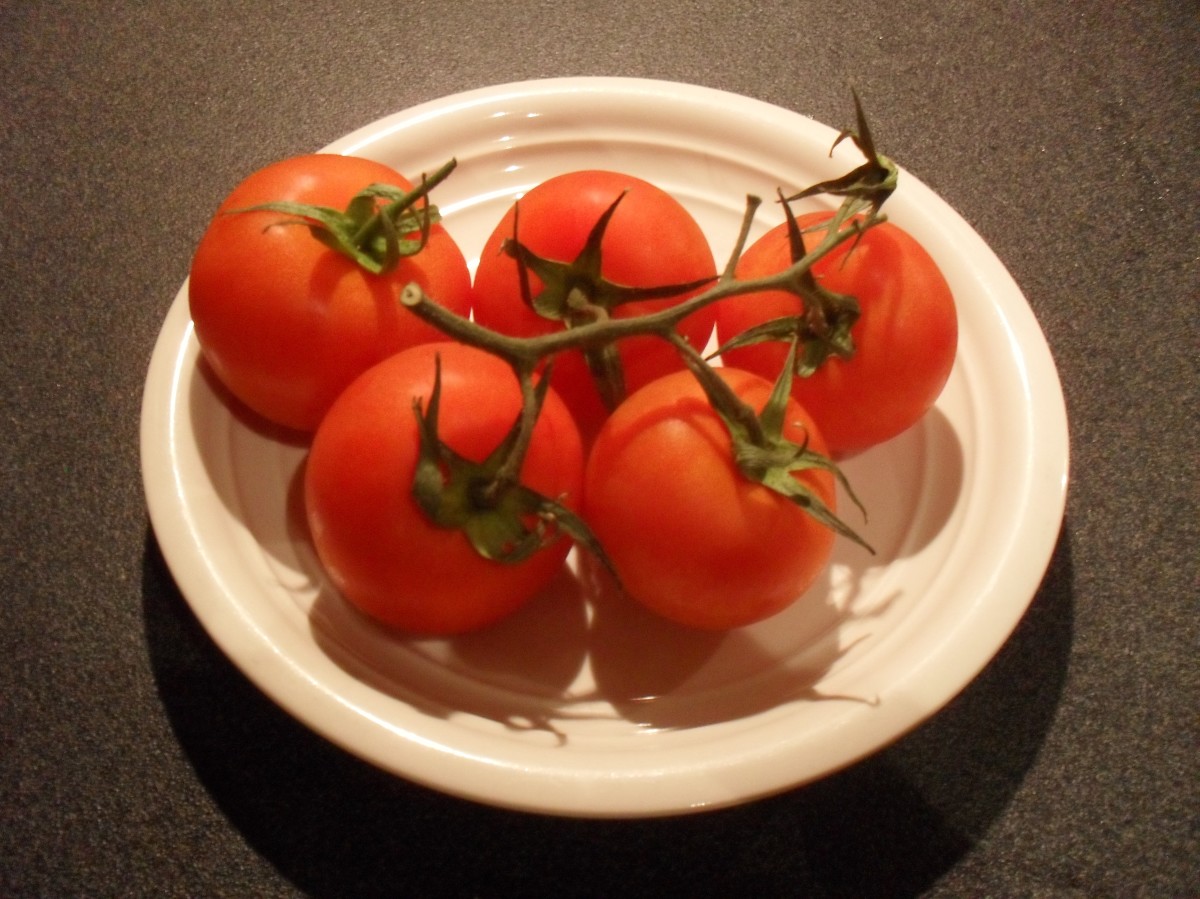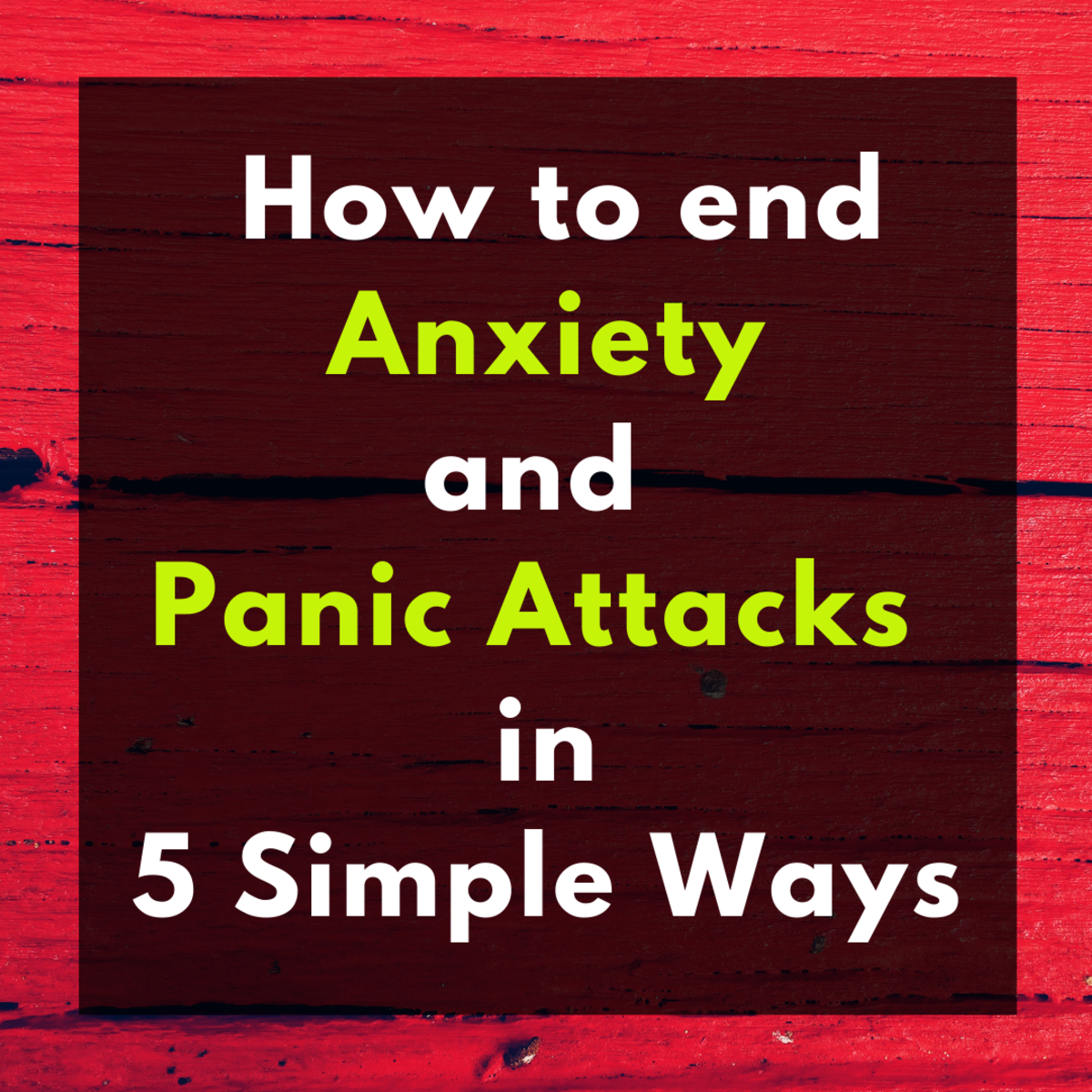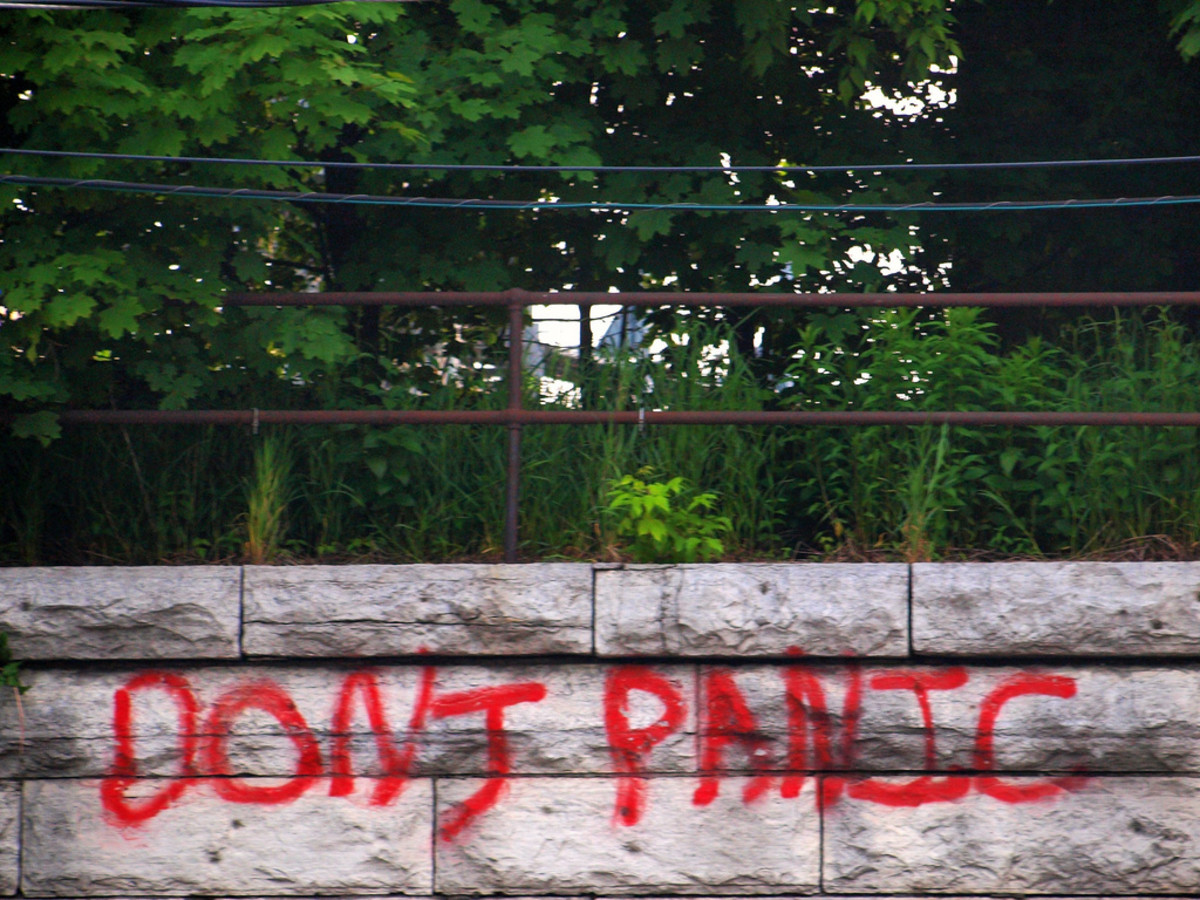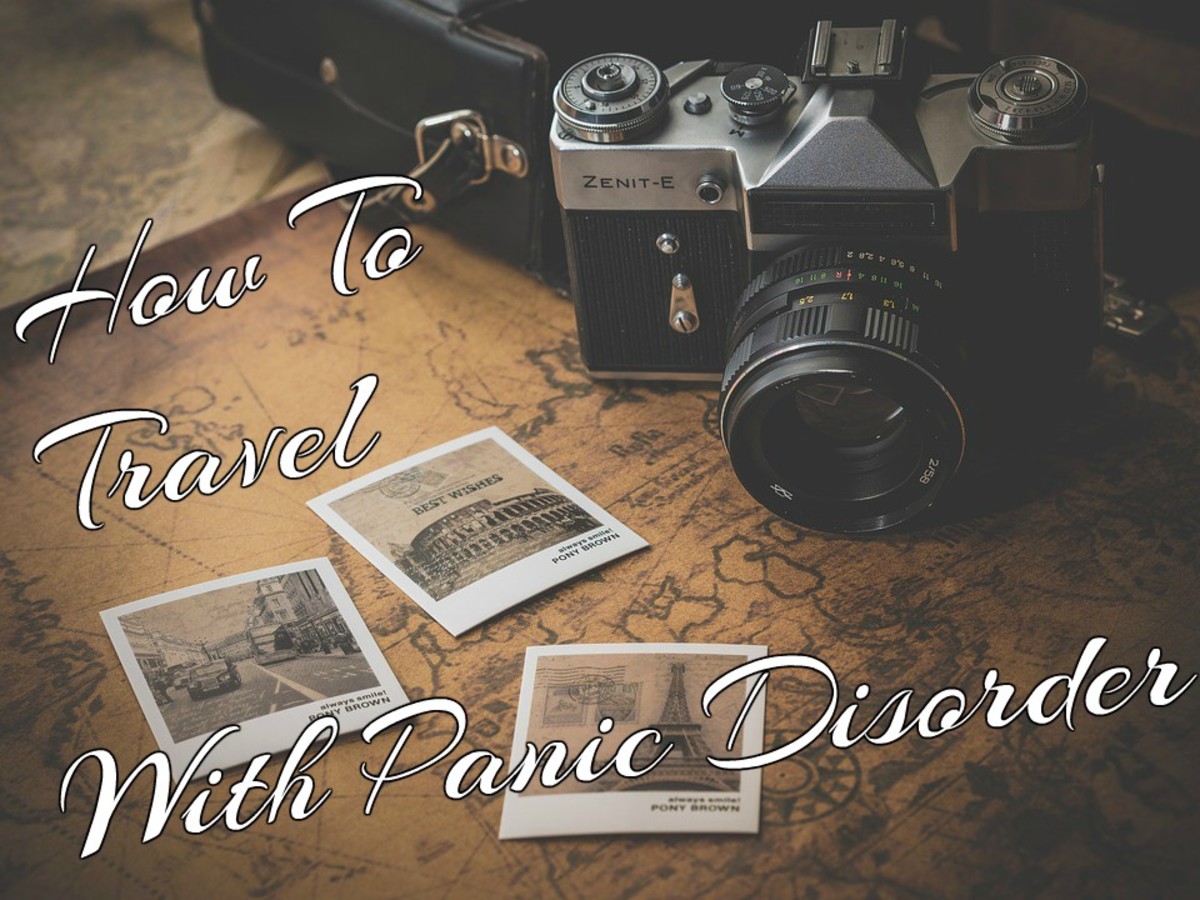- HubPages»
- Health»
- Mental Health»
- Anxiety Disorders
Coping with Anxiety: Part 2
Anxiety Coping Strategies
In the previous article, I introduced my first two essentials or tips for anxiety and panic attack relief. If you haven't checked it out just yet, I suggest you go there first. I covered what I believe to be the two most important techniques: reflection and meditation.
MY TOP 7 ESSENTIALS
- Relaxation
- The Big Three (Sleeping, Exercising, and Eating)
- Focus
- Setting Goals and Positivity
Alrighty, now let's move onto steps three through five, which I refer to as the BIG THREE: Sleep, Exercise, and Diet.
Sleep
The Big 3: Sleep Eat Exercise
Now, I understand you're already aware of these three steps because it's beaten into us every single day; however, when it comes to anxiety they must be discussed further because they are essential for managing your anxiety. You need them in order to focus your thoughts and push any irrational fears and anxieties out of the way. So, if you already implement these strategies in your regimen, then you're on the right path. Hopefully, I can hammer them home and perhaps help provide more insight into the wonderful world of the Big Three.
First up is sleep.
Sleep
Sleeping is probably the most important of the three steps. For "normal" people, sleep is needed in order to function properly. But for anxiety ridden individuals such as myself, adequate sleep is vital. Why? Well, just think of fatigue as anxiety's best friend. Tiredness leads to agitation and impaired judgement. It's a pretty lethal combination that affects both your anxiety and panic anxiety attacks. What makes matters worse is that your anxiety will pump you with increased levels of adrenaline and sap even more of your energy, creating yet another cycle of fatigue and fear. It sucks.
The right amount of sleep allows you to be sharp and stay on top of your fears. It keeps you focused. And if you recall from my exercise in meditation, focus is needed to push through irrational thoughts. So, with a combination of meditation and sleep, you should be able to overcome even your most anxious of moments.
How much sleep does one need?
My suggestion is to find your comfort zone, but you probably need somewhere around 7-9 hours of unbroken sleep. You need to be refreshed and ready to go that way you can knock out all your tasks and be focused. If you somehow can't sleep for that long, or there's just not enough hours in the day to do it continuously, then break it up. But try your hardest to get those hours!
What if you have troubles sleeping? What if you have sleep anxiety?
If you can't sleep then the best thing to do is meditate. Learning how to calm your mind will help you relax and drift into a peaceful sleep. Also, look at your habits before you go to bed. Do you sleep with the TV on? Or do scroll through your iPhone right before you go to bed? If so, try to unplug yourself from electronic devices an hour before bedtime. Look at other behaviors as well. Do you eat late? Are you at peace with yourself and everyone else in the household before you climb under the covers? Understand all these things may seem minor, but they can all contribute to poor sleep.
Good luck and try to get some rest!
Don't Let Anxiety Steal Your Sleep
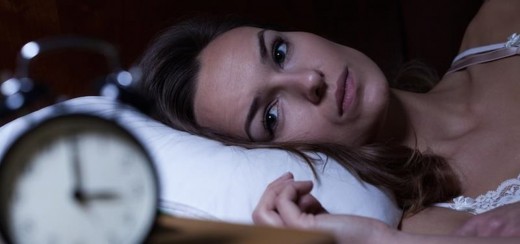
Exercise
Exercise
Next up on the list is exercising. You must exercise. For starters, it gets rid of the cruddy anxiety chemicals accumulated throughout the day. Aerobic and anaerobic workouts physically flush out all that crap. So, do it. I know it can be hard at times. In fact, from some accounts, I've heard people say their anxiety increases every time they exercise. Even if that's the case, I believe you can push through it because the benefits outweigh the risk of anxiety. Plus, with physical excursion, you're actually performing the flight portion of the flight/fight response. So all of that adrenaline will be used as fuel in your workout.
Secondly, exercise provides a positive high. One thing about panic attacks or even generalized anxiety is that it creates a series of highs and lows. One moment you're in the fight or flight mode and the next moment you may be depressed, creating yet another cycle. Well, exercise counters any lows you’ll experience. Plus, you'll most likely feel better about yourself. More importantly, you will think clearer.
On top of it all, exercise will help you sleep better (back to step #3) :).
It’s something you must do. I don’t care what it is, get some sort of cardio and/or activity going whether it be walking, golfing, running, swimming, jumping jacks, pushups, situps, or whatever. Do something you like, something that you'll enjoy. Just do it and do it at least 3X a week for 30-60 minutes. You'll see a remarkable improvement with both your anxiety and your overall health.
Anti-anxiety Food
Eat
5. Eat
Eating. As stated earlier, anxiety has a way of sapping your energy, whether you are aware of it or not. So, just like sleep and exercise, you need to eat... Food is life. :)
As far as what you need to eat, well that might be a little tricky and varies depending on the individual. There's nothing really conclusive out there that proves there's a one size fit all anxiety-free diet. However, with some research, I did find some healthy tips that can help reduce triggering your anxiety.
Actually, I'm sure you know the drill. Eat a well-balanced meal, 4-6 times a day. Avoid bad sugars, especially anything that contains high fructose syrup. You may want to steer clear of gluten products and some dairies such as sharp cheeses. Limit your caffeine, sugar, and salt intake. I've found that those three ingredients in particular tend to add to the cycling chaos known as anxiety. Limit your caffeine, sugar, and salt intake. Also, stay hydrated and avoid things that deter hydration such as caffeine, alcohol, and energy drinks.
My overall suggestion is to experiment and test your boundaries.

In Summary
In summary
Sleep - For me, I find good sleep is the most important of the three steps when it comes to coping with anxiety. Sleep for 7-9 hours, unbroken, so that you can wake up refreshed, full of energy, and ready to tackle any stress or anxiety that comes your way.
Exercise - Make it fun. Do it. It'll help you flush out your nasty chemicals. Exercise 3-5X a week, for 30-60 minutes and then try to increase your intensity after a month or so. You'll feel better, trust me.
Eating - Eat well and often. Try to break your meals apart, 4 to 6 small meals a day (suggested), and eat a well-balanced diet. Stay hydrated and avoid fructose sugars, salts, caffeine, drugs and alcohol.
The goal of the BIG THREE is to get to a place where you can stay clearheaded and sharp - a topic I'll cover in the next article.
Good luck and stay tuned for my final two coping anxiety strategies.
Diets and Exercise
Is there a specific diet that helps with your anxiety?

